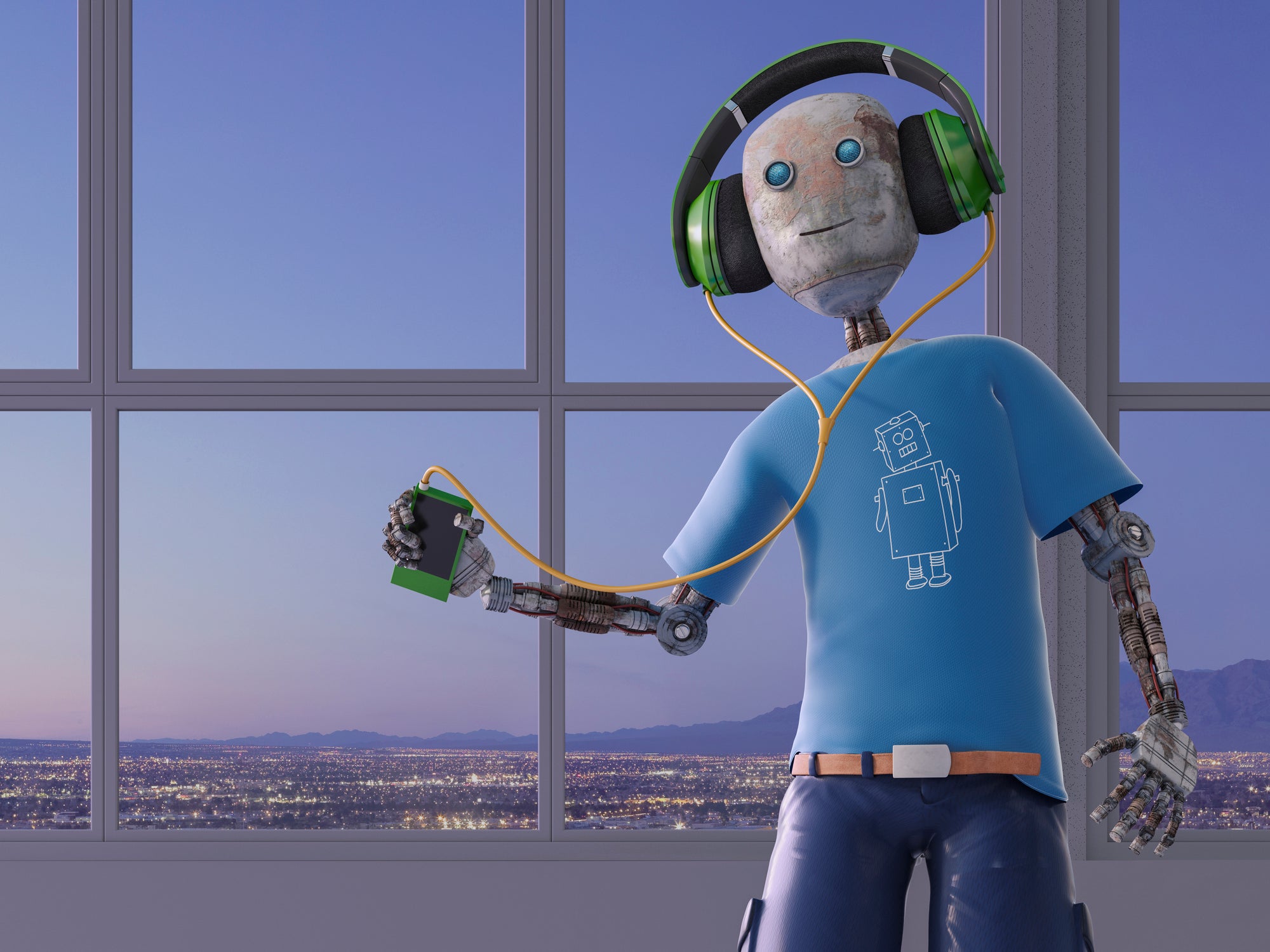After the launch of ChatGPT in November 2022, artificial intelligence (AI) has been receiving constant media attention.
Today, many businesses employ a range of AI technologies to reduce costs, increase efficiency in operations, create better user experiences for customers, and more. However, if recent stories are to be believed, it is destined to become an even bigger part of our lives. Earlier in June, a story emerged about a woman in the US who married her AI-chatbot boyfriend. Naturally, this news also raised the age-old topic of AI and its ability to feel emotions.
Human emotion and AI
In the 2001 movie, A.I. Artificial Intelligence, the idea of an AI construct with emotions is presented with typical Spielbergian charm when a humanoid AI boy develops feelings of love for his adopted mother. This might have seemed like a firmly science fiction idea at the turn of the millennium, but after 22 years, it is starting to feel more and more possible. Just look at the aforementioned AI marriage, which is not the first and will definitely not be the last.
Anthropomorphism refers to people’s psychological tendencies to attribute human traits such as emotions to other non-human beings. And this may be one of the primary reasons for the rising number of AI marriages. In these cases, people might believe that the AI chatbot they are communicating with has emotions and feelings just like them, because it exhibits human-like behaviours.
A one sided relationship
Whatever the reasons may be, it seems that the people in these AI/human relationships will find their love to be unfortunately one-sided for the time being. GlobalData argues that it will be years before AI-powered machines have sentience. To put it more clearly, the term ‘sentience’ in an AI context refers to having self-awareness and consciousness, without which AI cannot produce real emotions and feelings like human beings. And we must first successfully understand how our consciousness is generated before developing one for AI.
Universities have been conducting research and experimentation into AI sentience for years. However, GlobalData notes that researchers believe that there are still many question marks about how to teach machines about consciousness and self-awareness. Will current technologies be sufficient? Or will further breakthroughs be required to achieve this goal?
AI and its place in society
GlobalData argues that we are still at the very beginning of a long AI roadmap. So far, developments in AI are limited to ‘reactive’ AI that includes GPT-3, recommendation engines, facial recognition, and limited memory AI such as autonomous mobile robots and vehicles. In fact, a poll conducted among AI experts found that there was a 50% possibility of a fully human-level AI by 2060 and 75% by 2120. This implies that we will not experience sentience in AI for at least 40 more years.
Nevertheless, it is hard to ignore AI’s growing place in society. With continuous advancements in technology and the endless opportunities that AI presents waiting to be discovered, one can bet that AI will eventually achieve sentience and experience emotions just like humans. Although these thoughts are purely philosophical at this stage, they will raise new questions and dilemmas regarding AI in many areas—such as ethics, economics, and regulations—as AI becomes more integral to society and begins to make ethical and moral decisions.
One thing is certain though, the future is AI.








